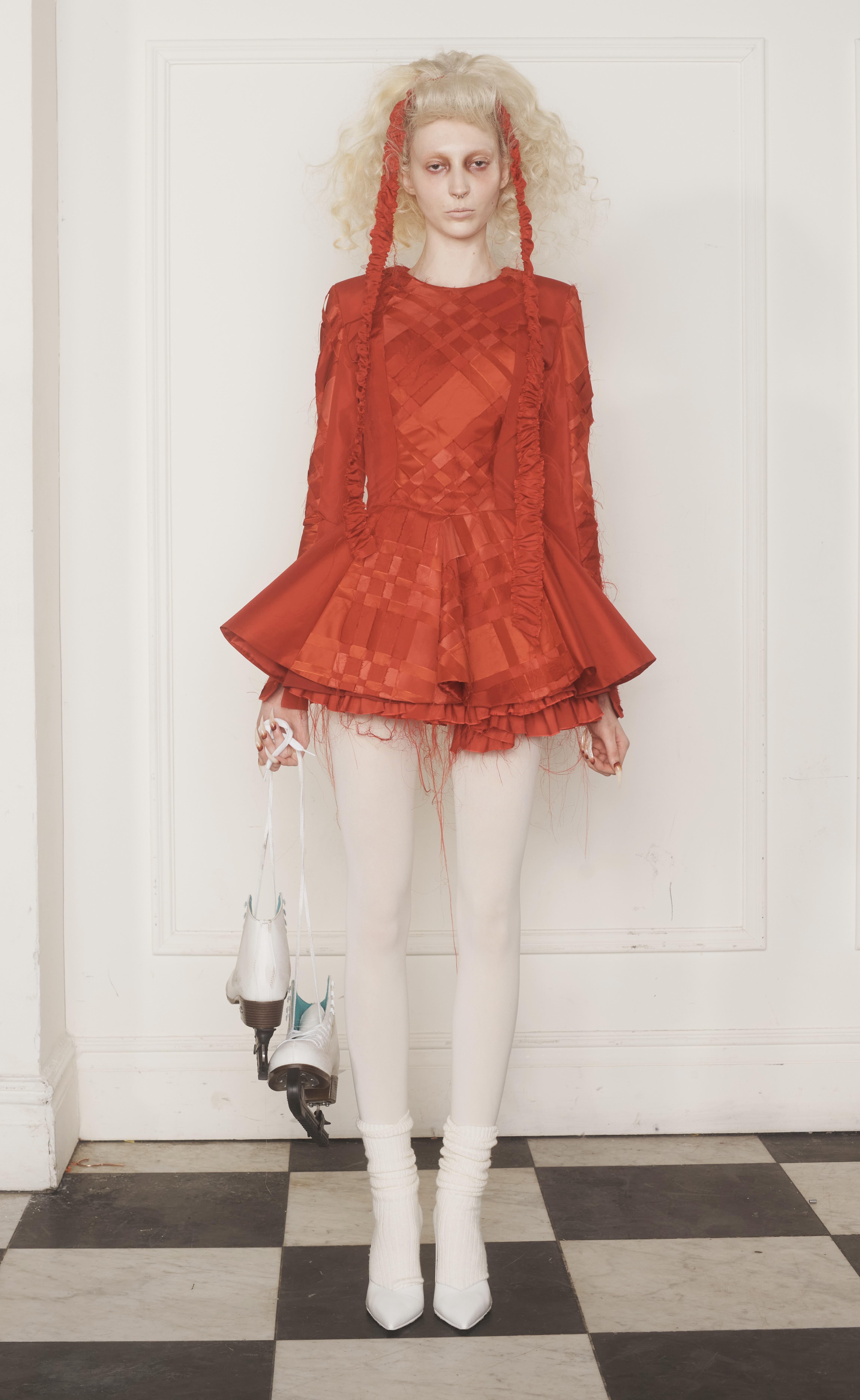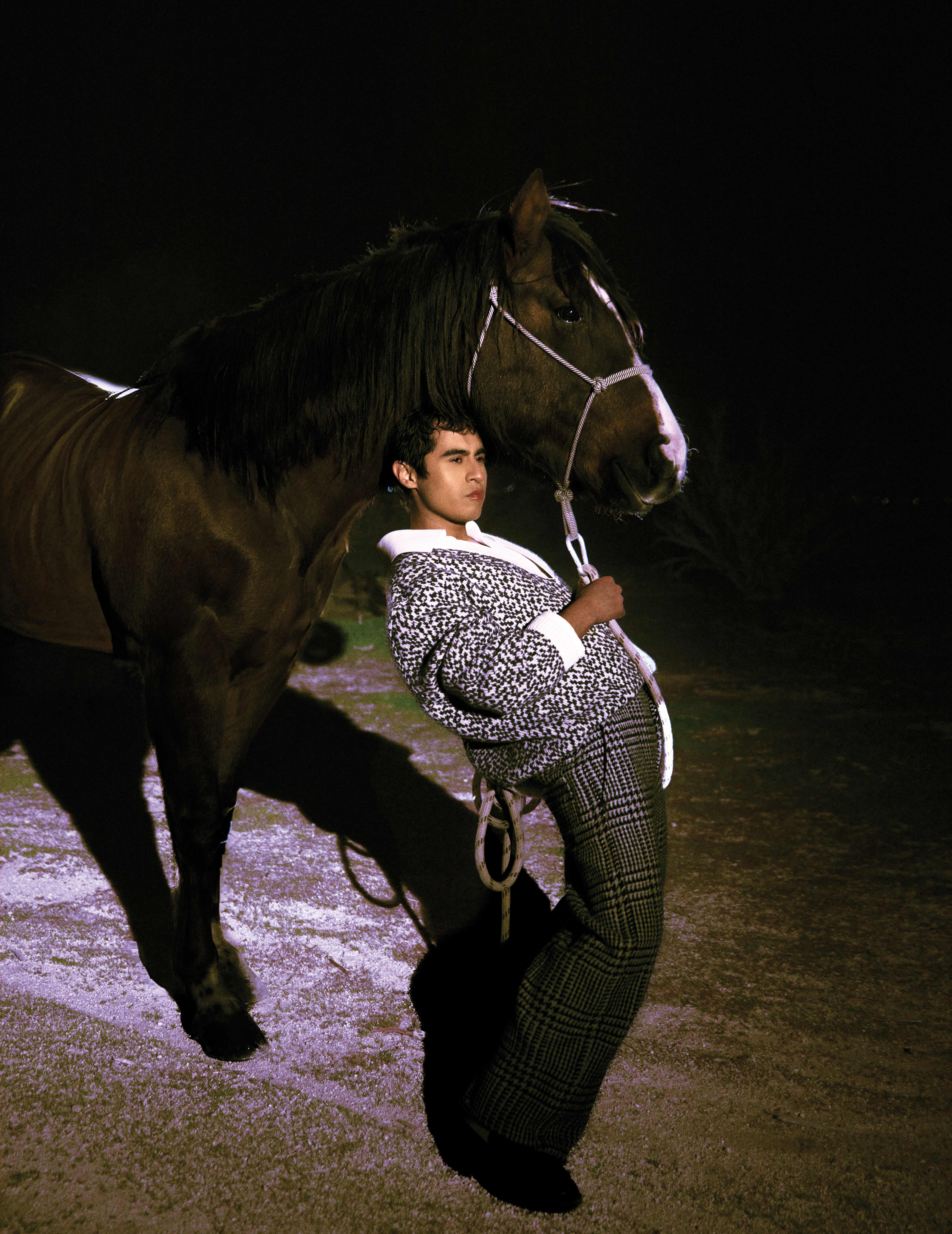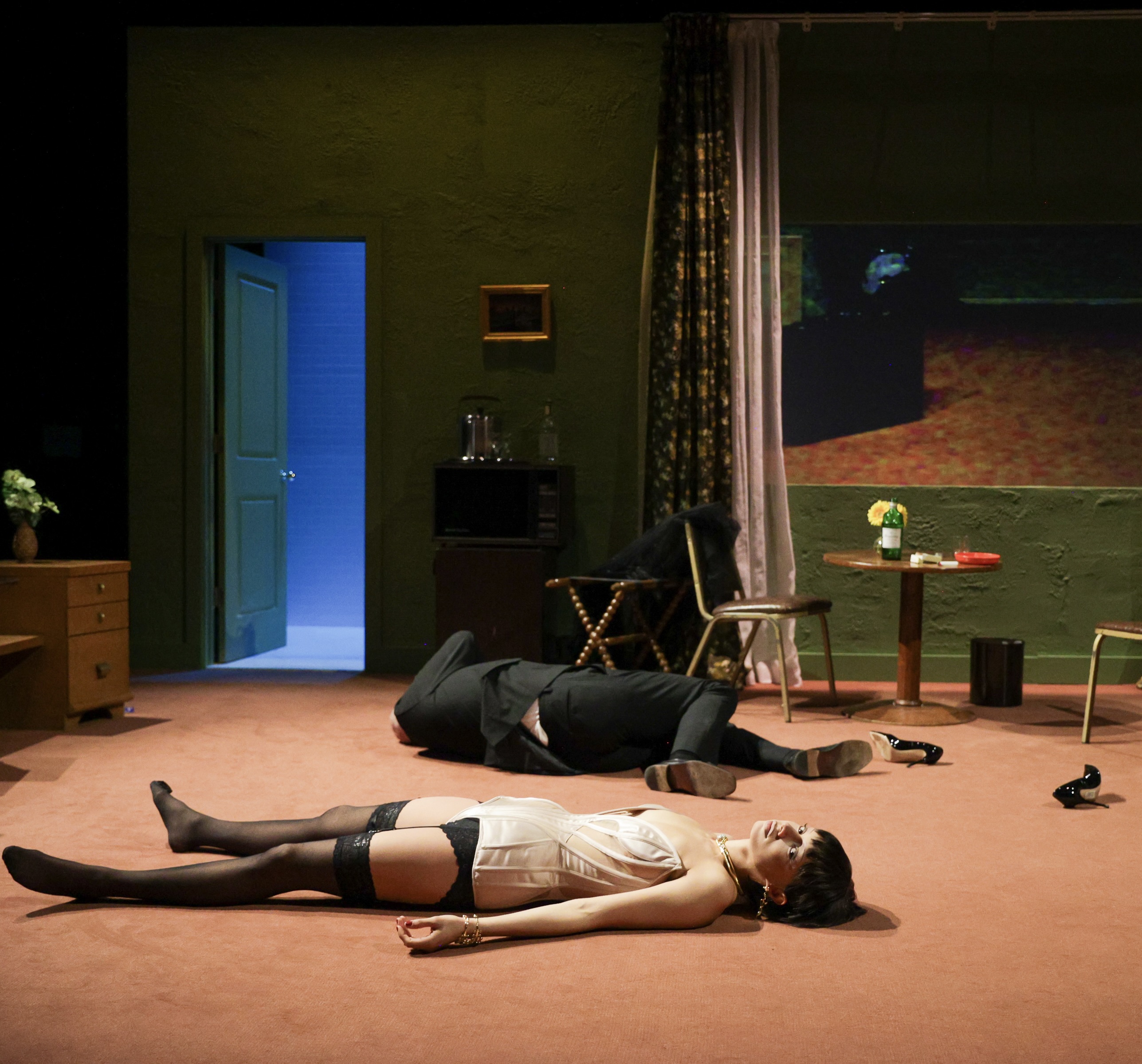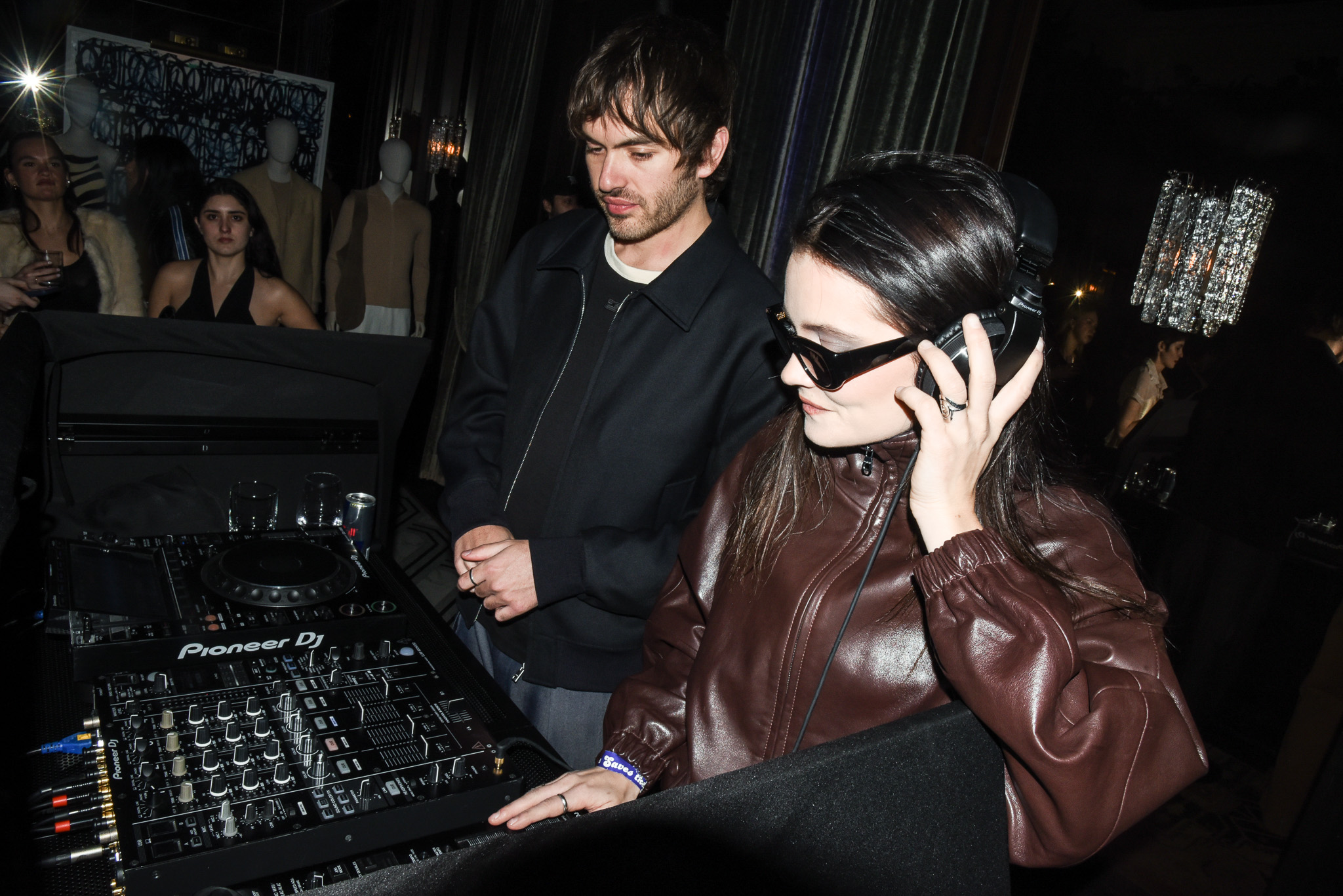

Julien Baker prefers reading non-fiction. “I like memoirs and biographies,” she says over an early morning Zoom call. Though she has tried to challenge herself to read more fiction during quarantine, Baker goes on to explain that she is still particularly drawn to real stories, including her latest obsession _The Lonely City_ by Olivia Lange, a memoir about loneliness, art-making and urbanism in New York City. “I think I like the character building. I like to see people’s personalities picked through and exposed.” And through her new album _Little Oblivions,_ released in February, the songwriter seems to be doing just that: picking through and exposing herself with lyrics that feel so intimate it’s almost as if we shouldn’t be allowed to read them.
Writers often say that all stories should start off with a good hook. Something informational, intriguing, and maybe even shocking to draw in readers. In Laing’s _The Lonely City,_ the author begins, “What does it feel like to be lonely? It feels like being hungry.”
Although Baker had not read _The Lonely City_ until it was suggested by a journalist during her promotion of the album_,_ the concept of hunger resonates with the story Baker tells in _Little Oblivions._ Across the record_,_ Baker focuses on her fiercest hungers, namely, addiction and other negative coping mechanisms—all the vices which “create little oblivions in our head because reality is difficult and painful” as she once put it in an interview with [KEXP](https://www.youtube.com/watch?v=HS2TxfBSmjs). In fact, her own opening hook on the first track “Hardline” acts as a perfect indicator of what is to come. “Blacked out on a weekday / Still something that I’m trying to avoid / Start asking for forgiveness in advance / Of all the future things that I destroy.”
In _Little Oblivions,_ Julien Baker is the creator of her own universe, making and destroying with the deftness of her pen, and ironically enough, exploring these little oblivions within herself is where she thrives best as a songwriter. In “Heatwave,” for example, the album’s second song, she explores suffering and suicide and describes being hanged as wrapping “Orion’s belt around \[her\] neck / and kick\[ing\] the chair out.” It’s visceral and heavy but also celestial, connecting her own personal angst to something as gigantic and distant as a constellation. “I’ve always tried to take comfort in being small. It helps me think that my failures can only be so large,” Baker tells me.
Beyond the swift comparisons to a more impersonal cosmos, Baker also balances her sorrow with the suffering of larger-than-life Biblical figures in “Heatwave.” She sings, “scratch my knees on the gravel / say it’s all part of the deal,” an allusion to Isaiah 51:23. Though Christianity teaches the acceptance of human suffering, Baker wonders aloud why we all permit pain as a necessity. “That is a huge obstacle to my faith,” she admits.
In Baker’s case, biblical allusions are not only indicative of her history of Christian faith itself but also of her location and upbringing. Raised in the “bible belt” of the Southeastern United States, Julien Baker was raised in and about the church. As all Southerners know, even if one avoids the church physically, the ideology it preaches will still pervade all others areas of life. From the “bless your hearts” given by sweet old diner waitresses or the “thoughts and prayers” offered up like empty plates to those who grieve, faith is an underlying current in Southern life and a way of making sense of the world. For Baker, growing up gay in Memphis, Tennessee, faith is a tenuous subject that she has discussed across all three of her albums, including _Little Oblivions_. Though she has many unanswered questions, faith is inherent in her storytelling as a Southern woman, and this is what sets her apart from many of her bicoastal contemporaries.
Despite the challenges of living in Tennessee, Baker never once abandoned her home state. Now based in Nashville, she explains that “it just felt so sad to consider fleeing to somewhere else… \[staying\] has asked me to practice more empathy and patience in my discourse.” Though its impact has been mostly indirect, living near home has given her a sense of grounding and humility in her writing as her profile as an artist grows. “It also teaches contentment,” and “making the most of what you have,” she says.
Though _Little Oblivions_ shows Baker expanding her sonic universe with more decorated rock production (something which feels most reminiscent of her pre-solo career band Forrister), her focus has never left storytelling. Like many traditional poets might say, writing song lyrics for Julien Baker is a constant process of “suturing words together,” arranging them in an artful order to maximize impact. Despite briefly trying her hand at prose, once writing a series of short stories about “bonding with strangers for limited amounts of time,” Baker has always returned to telling her own story, and _Little Oblivions_ is perhaps her most beautiful but unforgiving one yet. “It’s just all I think about all day long, how to arrange words,” she explains. “I’ve always been principally concerned with the lyrical matter of a song.” In _Little Oblivions,_ Julien Baker’s lyrics are a salve. They offer no cure all to sadness, but they are a soothing companion for our darker moments, contextualizing our most intrusive thoughts and giving them beauty.
 
Julien Baker prefers reading non-fiction. “I like memoirs and biographies,” she says over an early morning Zoom call. Though she has tried to challenge herself to read more fiction during quarantine, Baker goes on to explain that she is still particularly drawn to real stories, including her latest obsession _The Lonely City_ by Olivia Lange, a memoir about loneliness, art-making and urbanism in New York City. “I think I like the character building. I like to see people’s personalities picked through and exposed.” And through her new album _Little Oblivions,_ released in February, the songwriter seems to be doing just that: picking through and exposing herself with lyrics that feel so intimate it’s almost as if we shouldn’t be allowed to read them.
Writers often say that all stories should start off with a good hook. Something informational, intriguing, and maybe even shocking to draw in readers. In Laing’s _The Lonely City,_ the author begins, “What does it feel like to be lonely? It feels like being hungry.”
Although Baker had not read _The Lonely City_ until it was suggested by a journalist during her promotion of the album_,_ the concept of hunger resonates with the story Baker tells in _Little Oblivions._ Across the record_,_ Baker focuses on her fiercest hungers, namely, addiction and other negative coping mechanisms—all the vices which “create little oblivions in our head because reality is difficult and painful” as she once put it in an interview with [KEXP](https://www.youtube.com/watch?v=HS2TxfBSmjs). In fact, her own opening hook on the first track “Hardline” acts as a perfect indicator of what is to come. “Blacked out on a weekday / Still something that I’m trying to avoid / Start asking for forgiveness in advance / Of all the future things that I destroy.”
In _Little Oblivions,_ Julien Baker is the creator of her own universe, making and destroying with the deftness of her pen, and ironically enough, exploring these little oblivions within herself is where she thrives best as a songwriter. In “Heatwave,” for example, the album’s second song, she explores suffering and suicide and describes being hanged as wrapping “Orion’s belt around \[her\] neck / and kick\[ing\] the chair out.” It’s visceral and heavy but also celestial, connecting her own personal angst to something as gigantic and distant as a constellation. “I’ve always tried to take comfort in being small. It helps me think that my failures can only be so large,” Baker tells me.
Beyond the swift comparisons to a more impersonal cosmos, Baker also balances her sorrow with the suffering of larger-than-life Biblical figures in “Heatwave.” She sings, “scratch my knees on the gravel / say it’s all part of the deal,” an allusion to Isaiah 51:23. Though Christianity teaches the acceptance of human suffering, Baker wonders aloud why we all permit pain as a necessity. “That is a huge obstacle to my faith,” she admits.
In Baker’s case, biblical allusions are not only indicative of her history of Christian faith itself but also of her location and upbringing. Raised in the “bible belt” of the Southeastern United States, Julien Baker was raised in and about the church. As all Southerners know, even if one avoids the church physically, the ideology it preaches will still pervade all others areas of life. From the “bless your hearts” given by sweet old diner waitresses or the “thoughts and prayers” offered up like empty plates to those who grieve, faith is an underlying current in Southern life and a way of making sense of the world. For Baker, growing up gay in Memphis, Tennessee, faith is a tenuous subject that she has discussed across all three of her albums, including _Little Oblivions_. Though she has many unanswered questions, faith is inherent in her storytelling as a Southern woman, and this is what sets her apart from many of her bicoastal contemporaries.
Despite the challenges of living in Tennessee, Baker never once abandoned her home state. Now based in Nashville, she explains that “it just felt so sad to consider fleeing to somewhere else… \[staying\] has asked me to practice more empathy and patience in my discourse.” Though its impact has been mostly indirect, living near home has given her a sense of grounding and humility in her writing as her profile as an artist grows. “It also teaches contentment,” and “making the most of what you have,” she says.
Though _Little Oblivions_ shows Baker expanding her sonic universe with more decorated rock production (something which feels most reminiscent of her pre-solo career band Forrister), her focus has never left storytelling. Like many traditional poets might say, writing song lyrics for Julien Baker is a constant process of “suturing words together,” arranging them in an artful order to maximize impact. Despite briefly trying her hand at prose, once writing a series of short stories about “bonding with strangers for limited amounts of time,” Baker has always returned to telling her own story, and _Little Oblivions_ is perhaps her most beautiful but unforgiving one yet. “It’s just all I think about all day long, how to arrange words,” she explains. “I’ve always been principally concerned with the lyrical matter of a song.” In _Little Oblivions,_ Julien Baker’s lyrics are a salve. They offer no cure all to sadness, but they are a soothing companion for our darker moments, contextualizing our most intrusive thoughts and giving them beauty.

Julien Baker prefers reading non-fiction. “I like memoirs and biographies,” she says over an early morning Zoom call. Though she has tried to challenge herself to read more fiction during quarantine, Baker goes on to explain that she is still particularly drawn to real stories, including her latest obsession _The Lonely City_ by Olivia Lange, a memoir about loneliness, art-making and urbanism in New York City. “I think I like the character building. I like to see people’s personalities picked through and exposed.” And through her new album _Little Oblivions,_ released in February, the songwriter seems to be doing just that: picking through and exposing herself with lyrics that feel so intimate it’s almost as if we shouldn’t be allowed to read them.
Writers often say that all stories should start off with a good hook. Something informational, intriguing, and maybe even shocking to draw in readers. In Laing’s _The Lonely City,_ the author begins, “What does it feel like to be lonely? It feels like being hungry.”
Although Baker had not read _The Lonely City_ until it was suggested by a journalist during her promotion of the album_,_ the concept of hunger resonates with the story Baker tells in _Little Oblivions._ Across the record_,_ Baker focuses on her fiercest hungers, namely, addiction and other negative coping mechanisms—all the vices which “create little oblivions in our head because reality is difficult and painful” as she once put it in an interview with [KEXP](https://www.youtube.com/watch?v=HS2TxfBSmjs). In fact, her own opening hook on the first track “Hardline” acts as a perfect indicator of what is to come. “Blacked out on a weekday / Still something that I’m trying to avoid / Start asking for forgiveness in advance / Of all the future things that I destroy.”
In _Little Oblivions,_ Julien Baker is the creator of her own universe, making and destroying with the deftness of her pen, and ironically enough, exploring these little oblivions within herself is where she thrives best as a songwriter. In “Heatwave,” for example, the album’s second song, she explores suffering and suicide and describes being hanged as wrapping “Orion’s belt around \[her\] neck / and kick\[ing\] the chair out.” It’s visceral and heavy but also celestial, connecting her own personal angst to something as gigantic and distant as a constellation. “I’ve always tried to take comfort in being small. It helps me think that my failures can only be so large,” Baker tells me.
Beyond the swift comparisons to a more impersonal cosmos, Baker also balances her sorrow with the suffering of larger-than-life Biblical figures in “Heatwave.” She sings, “scratch my knees on the gravel / say it’s all part of the deal,” an allusion to Isaiah 51:23. Though Christianity teaches the acceptance of human suffering, Baker wonders aloud why we all permit pain as a necessity. “That is a huge obstacle to my faith,” she admits.
In Baker’s case, biblical allusions are not only indicative of her history of Christian faith itself but also of her location and upbringing. Raised in the “bible belt” of the Southeastern United States, Julien Baker was raised in and about the church. As all Southerners know, even if one avoids the church physically, the ideology it preaches will still pervade all others areas of life. From the “bless your hearts” given by sweet old diner waitresses or the “thoughts and prayers” offered up like empty plates to those who grieve, faith is an underlying current in Southern life and a way of making sense of the world. For Baker, growing up gay in Memphis, Tennessee, faith is a tenuous subject that she has discussed across all three of her albums, including _Little Oblivions_. Though she has many unanswered questions, faith is inherent in her storytelling as a Southern woman, and this is what sets her apart from many of her bicoastal contemporaries.
Despite the challenges of living in Tennessee, Baker never once abandoned her home state. Now based in Nashville, she explains that “it just felt so sad to consider fleeing to somewhere else… \[staying\] has asked me to practice more empathy and patience in my discourse.” Though its impact has been mostly indirect, living near home has given her a sense of grounding and humility in her writing as her profile as an artist grows. “It also teaches contentment,” and “making the most of what you have,” she says.
Though _Little Oblivions_ shows Baker expanding her sonic universe with more decorated rock production (something which feels most reminiscent of her pre-solo career band Forrister), her focus has never left storytelling. Like many traditional poets might say, writing song lyrics for Julien Baker is a constant process of “suturing words together,” arranging them in an artful order to maximize impact. Despite briefly trying her hand at prose, once writing a series of short stories about “bonding with strangers for limited amounts of time,” Baker has always returned to telling her own story, and _Little Oblivions_ is perhaps her most beautiful but unforgiving one yet. “It’s just all I think about all day long, how to arrange words,” she explains. “I’ve always been principally concerned with the lyrical matter of a song.” In _Little Oblivions,_ Julien Baker’s lyrics are a salve. They offer no cure all to sadness, but they are a soothing companion for our darker moments, contextualizing our most intrusive thoughts and giving them beauty.


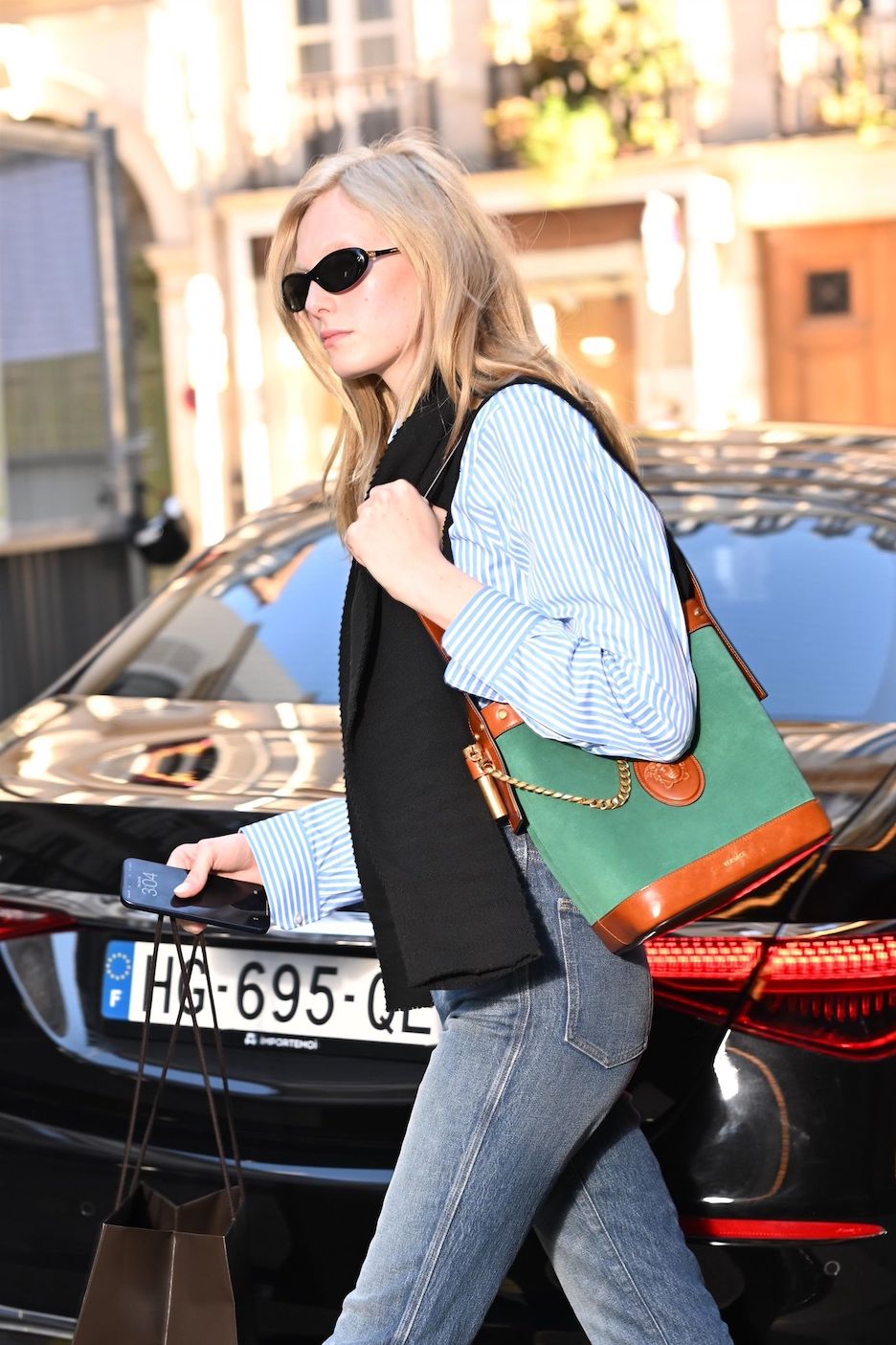
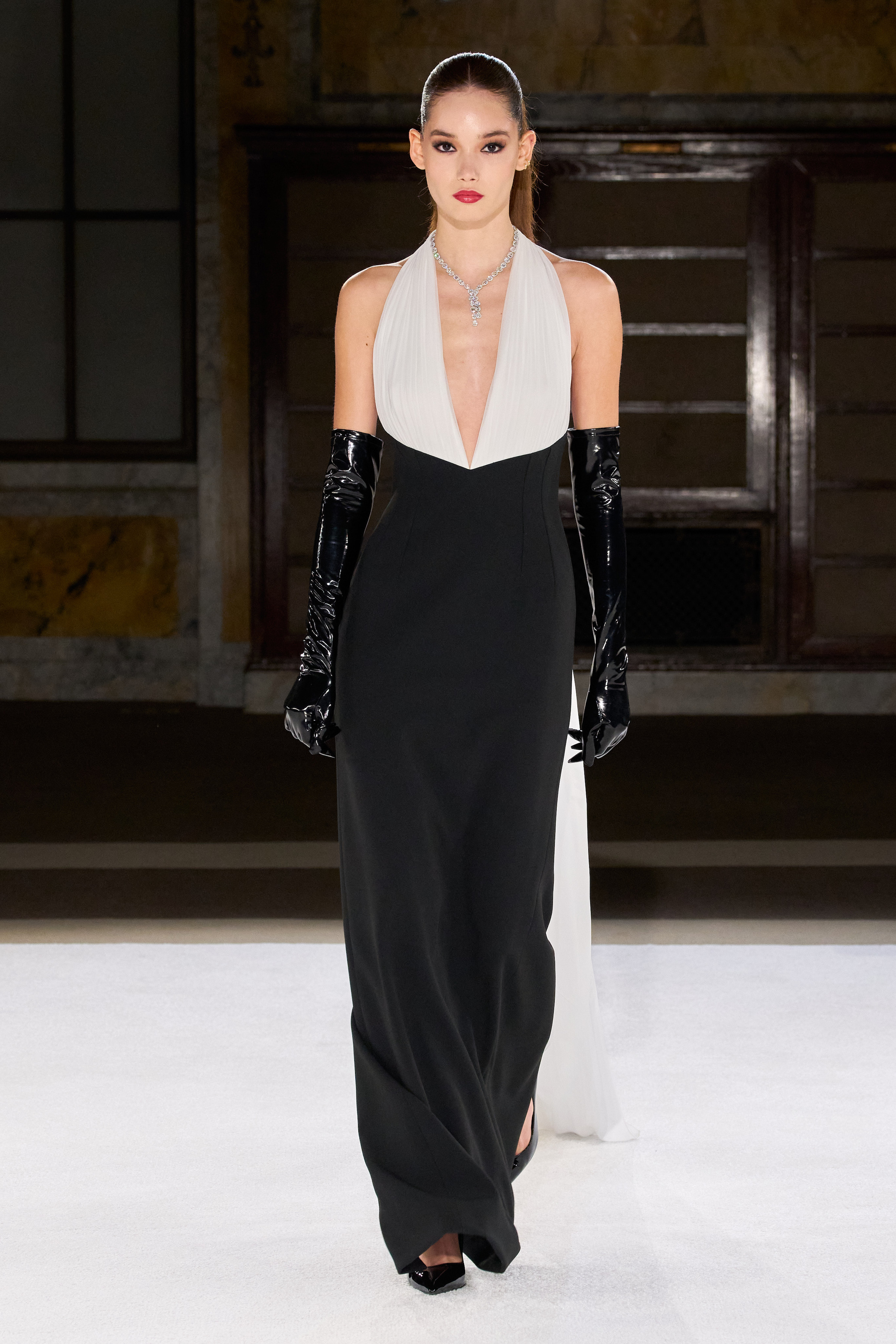
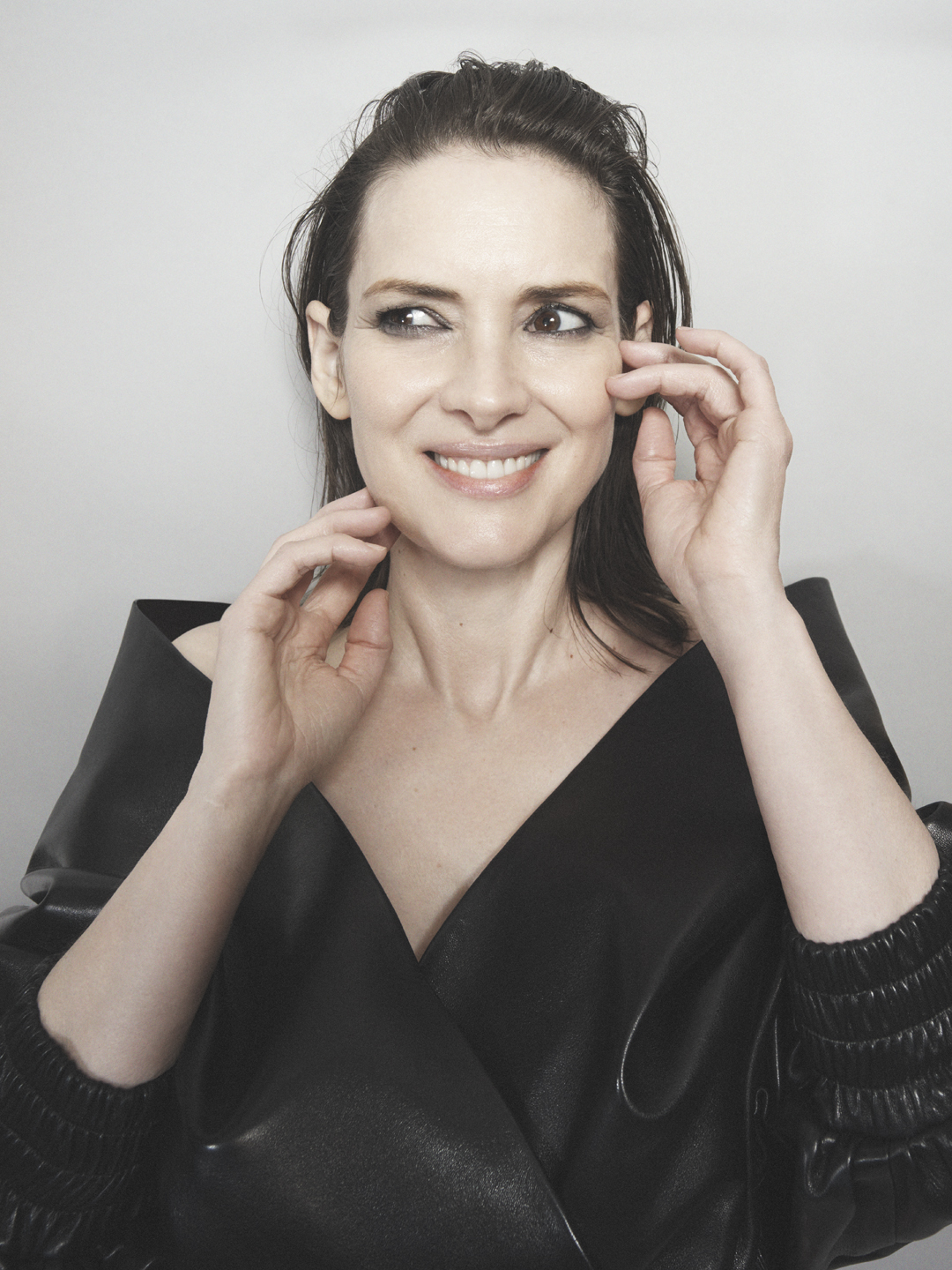
.jpg)
